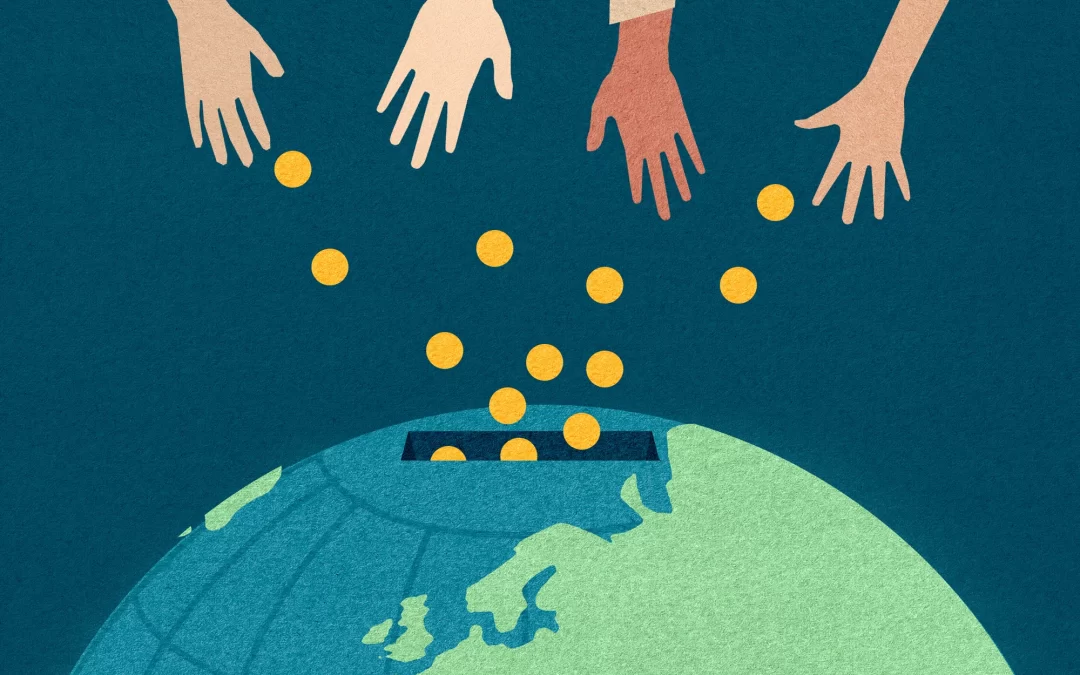As Europe grapples with an unprecedented surge in wildfires, a stark reality is revealed: the continent’s response to the broader climate crisis is falling short. The urgency of the situation demands immediate action, yet the inaction in the face of this climate emergency raises critical questions. In this article, we delve into the complex issues surrounding Europe’s approach to wildfires and climate change, highlighting the imperative for swift and decisive measures to avert further catastrophe.
A Growing Wildfire Menace
The once-unthinkable has become a recurring nightmare for Europe as wildfires intensify in frequency and ferocity. From the Mediterranean to Scandinavia, flames engulf forests, devastate landscapes, and threaten lives and livelihoods. As the climate crisis exacerbates heatwaves and droughts, creating ideal conditions for fires to ignite and spread, the imperative for proactive measures becomes undeniable.
Response vs. Preparedness
While firefighters heroically battle the blazes, questions arise about Europe’s overall preparedness for such disasters. The focus on response rather than prevention underscores systemic challenges. Inadequate forest management practices, insufficient funding for firefighting resources, and a lack of integration between scientific warnings and policy decisions contribute to an environment where wildfires can thrive.
The Climate Emergency Amplifier
The wildfires that ravage Europe are not isolated incidents but symptoms of a larger climate emergency. Rising temperatures, shifting precipitation patterns, and prolonged droughts form a combustible mix that escalates the risk of wildfires. Europe’s inaction to comprehensively address the underlying factors of climate change amplifies the vulnerability of ecosystems and communities.
Political Will and Global Responsibility
Europe’s struggle to coordinate a cohesive response to wildfires exposes a broader dilemma: the lack of political will to treat climate change with the urgency it warrants. As international climate agreements and commitments are made, the translation of these pledges into tangible policies remains elusive. Europe’s role as a global leader necessitates a proactive stance that serves as an example for the rest of the world.
A Call for Collective Action
The wildfires serve as an urgent reminder that the climate crisis is not confined to borders or jurisdictions. As Europe’s landscapes burn, the imperative for collective action becomes clearer than ever. It requires a holistic approach that encompasses international cooperation, scientific expertise, public awareness, and a commitment to transitioning to a low-carbon future.
The Time for Action Is Now
Europe’s burning crisis is a stark wake-up call that demands an immediate shift in priorities. The inaction amidst the climate emergency risks irreparable damage to ecosystems, livelihoods, and the well-being of communities. The wildfires are a call to action, a reminder that the time to address the root causes of climate change is now. Europe has the capacity to lead by example, demonstrating that swift and decisive measures can avert further catastrophe and pave the way towards a more sustainable future.
Conclusion
As wildfires engulf Europe’s landscapes, they serve as an urgent plea for action amidst the climate emergency. The response to this burning crisis will determine not only the fate of forests but the trajectory of our shared future. By addressing underlying challenges, embracing proactive measures, and demonstrating unwavering political will, Europe can lead the charge in combating climate change and protecting the planet for generations to come.








